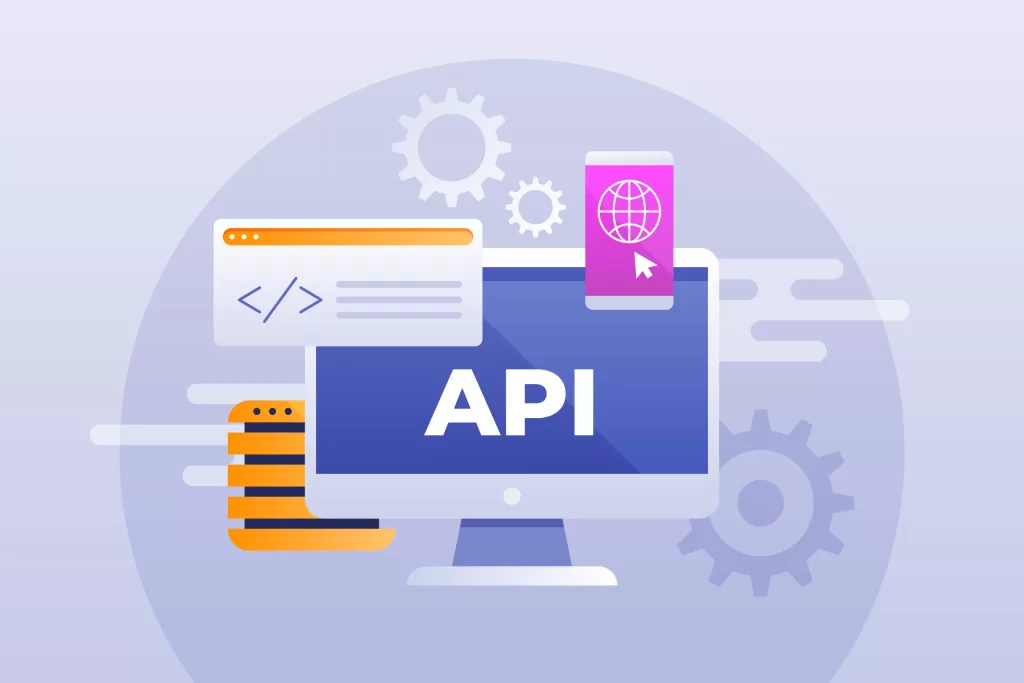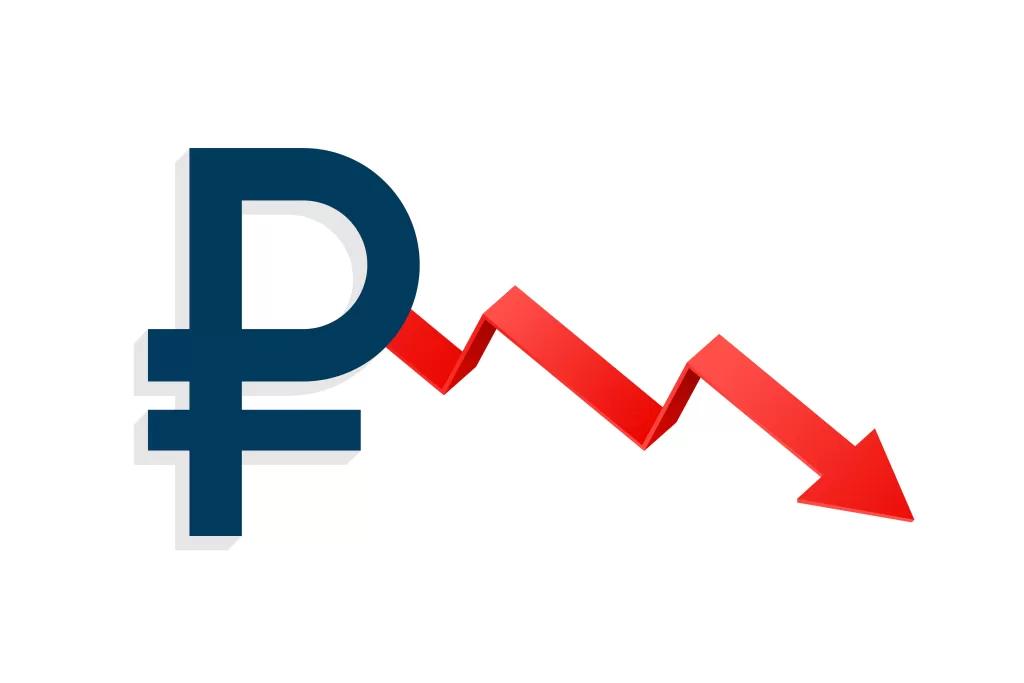If you’re into Forex trading, you may have heard the term API thrown around, but you might still be wondering what it actually means for your trading strategy or business. API stands for Application Programming Interface, and it’s a critical tool for anyone serious about trading in the fast-moving Forex market.
Whether you’re a broker, investor, trader, or someone looking to display real-time data on your website, understanding how Forex APIs work can help you streamline processes, improve accuracy, and make faster, more informed decisions.
In this guide, we’ll break down what is Forex API, how they work, and why they matter to you.
What is an API in Forex Exchange?
In simple terms, a Forex API is a tool that allows different software systems—like your trading platform, a broker’s server, and external data sources—to communicate with each other seamlessly. In the Forex world, this typically means connecting your trading platform to live market data, automated trading systems, or liquidity providers. For example, a Forex API can provide real-time currency exchange rates, update charts, or even automate trades for you. When a trader wants to execute a trade based on live market conditions, the API helps facilitate that execution between the trader’s system and the broker’s platform. Without an API, traders would need to rely on manual input, which can lead to delays and missed opportunities in fast-moving markets.What Does a Forex API Do?
A Forex API serves as a bridge between your trading platform and crucial market data sources. It enables you to:- Get live market data: Receive up-to-the-minute pricing, charts, and news feeds from data providers like brokers or liquidity providers.
- Automate trading strategies: With an API, you can set up automated rules to place trades based on specific market conditions, saving you time and removing emotions from trading decisions.
- Execute trades directly: APIs allow you to send buy or sell orders automatically, without manual intervention, directly to the broker’s platform.
- Monitor and adjust: APIs make it easy to track open positions and adjust your strategy in real time.
Key Benefits of Using Forex APIs
- Real-Time Market Data Forex trading is all about timing. With an API, you get access to live market rates and financial news feeds in real-time. Whether you’re analyzing trends or making quick trades, having up-to-the-second information helps you stay on top of market movements.
- Automation of Trading One of the major advantages of Forex APIs is that they allow you to automate your trading strategies. By setting specific conditions (like entering a trade when a currency pair hits a certain price), you can execute trades without lifting a finger—saving time and avoiding costly emotional decisions.
- Customization Every trader has different needs. Forex APIs allow you to tailor the data you receive, whether that’s a specific currency pair, a technical indicator, or custom alerts. This means you can design your trading system to fit your exact strategy.
- Access to Historical Data APIs don’t just give you access to live data—they also offer historical data. This is invaluable for backtesting trading strategies and understanding how currency pairs behave over time.
- Reliability and Accuracy In Forex, even the smallest errors in data can lead to big losses. Forex APIs ensure that you get accurate, reliable data, minimizing the chances of mistakes due to outdated or incorrect information.
Use Cases for Forex APIs
- For Brokers: Brokers use Forex APIs to connect to liquidity providers and execute orders quickly. These APIs help them offer seamless trading experiences to their clients, with access to live market prices and automated trading options.
- For Investors & Traders: APIs are essential for automating trading strategies. Traders can program their platforms to enter or exit trades based on specific conditions, ensuring that they don’t miss out on opportunities. Additionally, investors can track the performance of their portfolios through real-time data.
- For Website Owners: If you run a website related to Forex, APIs allow you to display live Forex data—whether that’s currency exchange rates, charts, or news. This enhances your website’s value and keeps visitors engaged.
- For Financial Professionals: Financial analysts and consultants rely on APIs to collect and analyze large volumes of data, make forecasts, and provide up-to-date market information for their clients.
How to Integrate Forex APIs into Your Business
- For Brokers & Trading Platforms: Integrating a Forex API into your platform is relatively straightforward. Start by selecting a reliable Forex API provider (e.g., OANDA, ForexFeed, etc.). The provider will offer documentation to help you integrate their API into your platform, enabling you to access live data and execute trades.
- For Website Owners: Website owners can integrate Forex APIs by choosing a provider that offers access to real-time exchange rates and other relevant market data. Using the API’s code, you can display live information directly on your site for your visitors.
- Getting Started: To get started, research Forex API providers, choose the one that fits your needs, and sign up for an API key. Many providers offer demo accounts to get familiar with their services before committing to a paid plan.
Potential Challenges and Solutions
- API Compatibility: If you’re using an existing platform, check that the API integrates smoothly with your system. Good API providers offer clear documentation and support to help troubleshoot compatibility issues.
- Data Accuracy & Latency: Forex trading relies on accurate, real-time data. When selecting an API provider, ensure they have a track record of low latency and accurate data.
- Security Concerns: Handling sensitive financial data means you need a secure API. Always choose providers that use strong encryption and secure authentication methods to protect your data.





